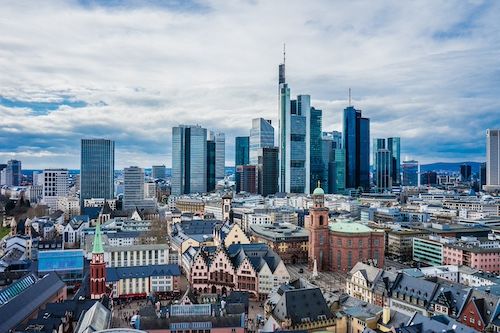The Great Depression, which began in 1929 and lasted throughout the 1930s, stands as one of the most significant economic crises in American history. Its effects were profound, reshaping the economic landscape and influencing social policies for decades to come. The origins of the Great Depression can be traced to a combination of factors, including speculative investments, a lack of regulation in the financial markets, and an unstable banking system.
The crisis officially began with the stock market crash on October 29, 1929, known as Black Tuesday. Following a period of rampant speculation, stock prices plummeted, leading to widespread panic. Investors lost billions, and the crash wiped out a vast amount of wealth. As confidence in the economy eroded, businesses began to fail, leading to massive layoffs. Unemployment soared, peaking at around 25% in 1933.
As the economic downturn deepened, the effects were felt across all sectors of society. Families faced severe hardships; many lost their homes and savings. Breadlines and soup kitchens became common sights in cities across the country, as millions struggled to find food and shelter. The agricultural sector was also hard-hit, with farmers facing plummeting prices for their crops and devastating droughts, particularly in the Dust Bowl region.
In response to the crisis, the U.S. government, led by President Franklin D. Roosevelt, initiated a series of programs known as the New Deal. These policies aimed to provide relief for the unemployed, stimulate economic recovery, and reform the financial system to prevent future crises. Key initiatives included the establishment of the Social Security Act, the creation of the Works Progress Administration (WPA) to provide jobs, and the implementation of the Securities Exchange Act to regulate the stock market.
The New Deal was not without controversy; it faced opposition from various political factions who believed it expanded government power too much. However, it fundamentally changed the relationship between the government and the economy, establishing a precedent for federal intervention in economic matters.
As the nation slowly emerged from the Great Depression, the onset of World War II played a crucial role in revitalizing the economy. The war effort led to increased industrial production, creating jobs and boosting national morale. By the end of the 1940s, the United States had transformed into a global economic powerhouse.
The legacy of the Great Depression continues to shape American economic policies and societal attitudes toward government intervention. It highlighted the vulnerabilities of the capitalist system and the importance of regulatory measures to protect against future crises. The lessons learned during this tumultuous period remain relevant today, reminding us of the delicate balance between economic freedom and the need for oversight in a complex global economy.





